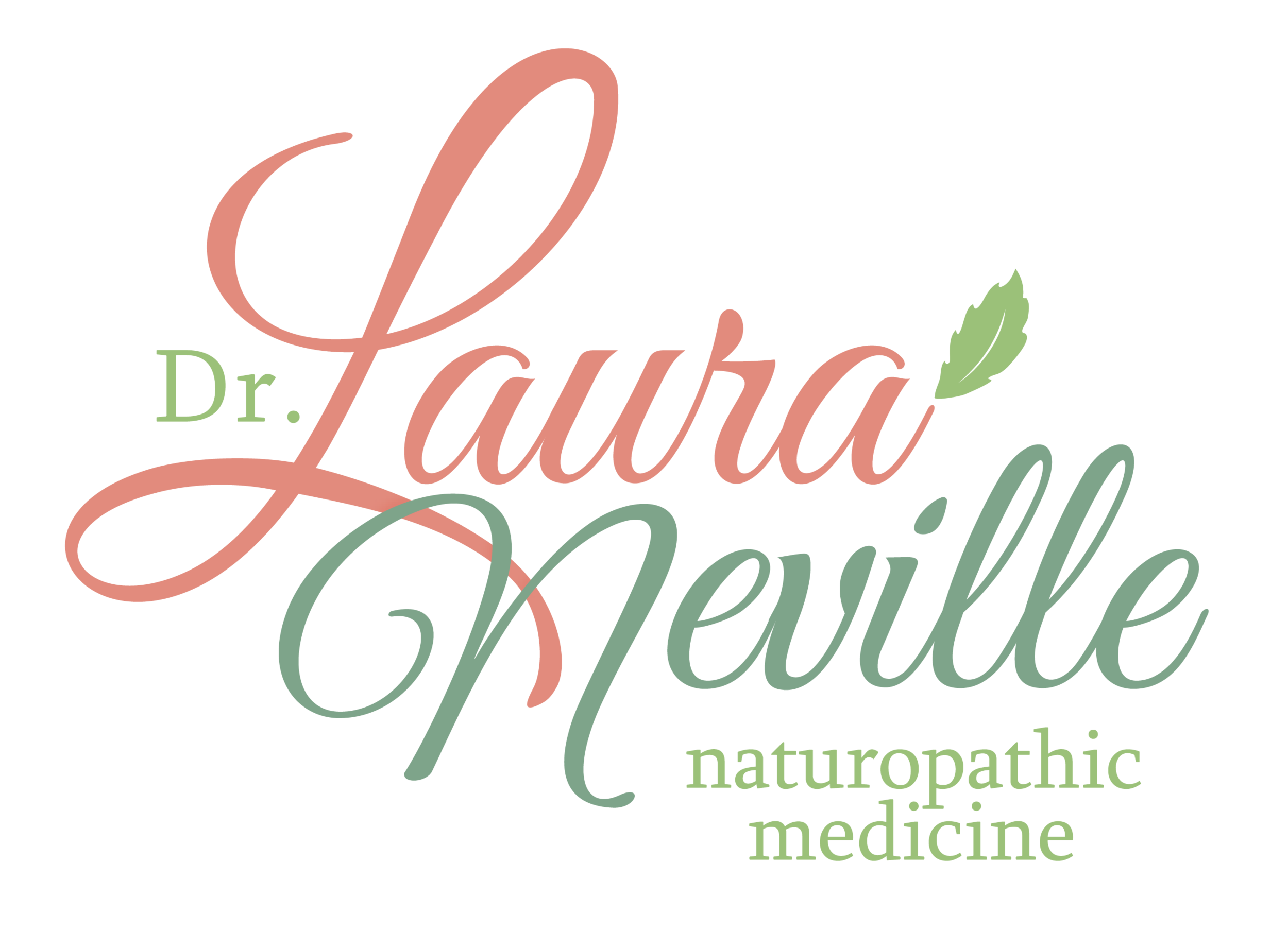Melatonin
More than just sleep:
Melatonin is certainly a key hormone for sleep, but its potent antioxidant and anti-inflammatory action also plays a role in:
Immune health
Gastrointestinal health
Hormone health
Fertility
Cancer prevention and treatment
Melatonin is released from the brain’s pineal gland in response to light and dark coming in through eyes.
Therefore, one needs to be connected to natural light and dark cycles of the environment.
Here are ways to do that:
Get daylight ASAP upon waking (I literally go to my backyard still in my pajamas and with bedhead each morning for tea time - sorry, neighbors)
Avoid artificial light as much as possible (especially after sundown)
Dim household lights in the evening
Avoid electronic light after sundown (blue light blocking glasses can help)
Watch the sunset (this entrains the brain to begin ramping up melatonin levels)
Sleep in entire darkness (I discovered this sleep mask and highly recommend it. As my friend said, “oh, it’s like a bra for your eyeballs!”)
Another melatonin caveat:
The pineal gland commonly calcifies over time/with age, rendering it unable to produce melatonin. We don’t entirely understand why this happens, though environmental chemicals like fluoride are likely to blame.
Supplementation:
Most people I speak with are afraid to take melatonin supplement - likely because the internet abounds with melatonin misinformation.
While I understand the hesitation - melatonin is a hormone and there is concern that taking melatonin could inhibit the body’s own production, I’d like to butt in here with science + gut intuition + common sense.
The research:
As part of a laboratory testing company that tests melatonin levels, I have to keep abreast of the melatonin research. At this point, the research is overwhelmingly in favor of melatonin supplementation for human health.
There are currently more than 40 published studies on the use of melatonin in various health conditions showing the safety of up to 8-10 mg for 6 months to 2 years. Of note: 8-10 mg per day is higher than required for most cases.
In some cancer treatment studies, the use of much higher than even 10 mg/day seems promising.
Despite its safety and low adverse effect profile, it is important to note the wide variability in product manufacturing.
In a particular study, of 31 products tested, label claim variability was from 83% less to 478% more than what was listed on the label!
This discrepancy underscores the importance of not just understanding melatonin’s safety for consumption but knowing and trusting the sourcing, manufacturing, and standards of production (see more below).
My additional comments:
Be cautious and check with your doctor if you are on any medications that may interact with melatonin (i.e. antidepressants)
Headaches and vivid dreams are the most commonly reported side effect (these often dissapate with time)
If grogginess occurs the following morning, back down on the dose
Take a high quality brand of supplement/avoid over-the-counter supplements
Dosing between 0.3 mg and up to 3 mg in adults seems to work best for sleep purposes
Consider phytomelatonin over synthetic if you have unwanted side effects (for patients of mine - I love Herbatonin by Symphony Health, available via Fullscript)
Liquid melatonin works very well for those that have a hard time falling asleep
Slow release capsules work best for those that wake in the middle of the night
Melatonin is metabolized quickly though the body so a second dose of liquid melatonin can also be used for middle of the night wakings
It can take up to 8 weeks of continued use to improve sleep (especially if other sleep aids have been used previously)
Estrogen seems to support melatonin; if melatonin does nothing for you, ensure your estrogen levels are not low
Melatonin is present naturally in nuts, fruit, fruit juice, rice, coffee, and wine
Anything that can increase serotonin can also increase melatonin - 5-htp, tryptophan, St. John’s wort, feverfew, and some anti-depressant medications
The health benefits of improved sleep likely outweigh any mild side effect of melatonin supplementation
💕
Dr. Laura Neville
Andersen LPH, Gögenur I, Rosenberg J, Reiter RJ. The Safety of Melatonin in Humans. Vol. 36, Clinical Drug Investigation. 2016.
Melatonin-Monograph [Internet]. Natural Medicines. 2023. Available from: https://naturalmedicines-therapeuticresearch-com.scnmlib.idm.oclc.org/databases/food,-herbs-supplements/professional.aspx?productid=940
Erland LAE, Saxena PK. Melatonin Natural Health Products and Supplements: Presence of serotonin and significant variability of melatonin content. Journal of Clinical Sleep Medicine. 2017.
